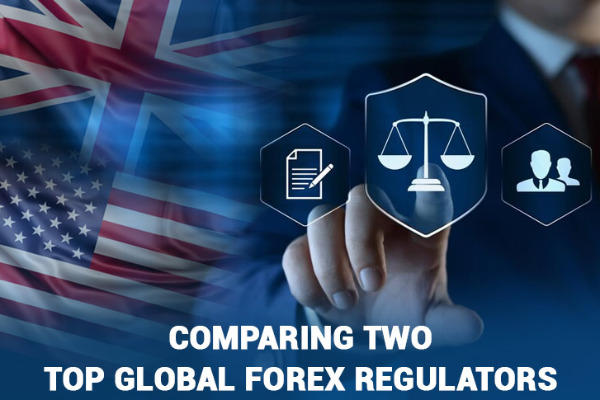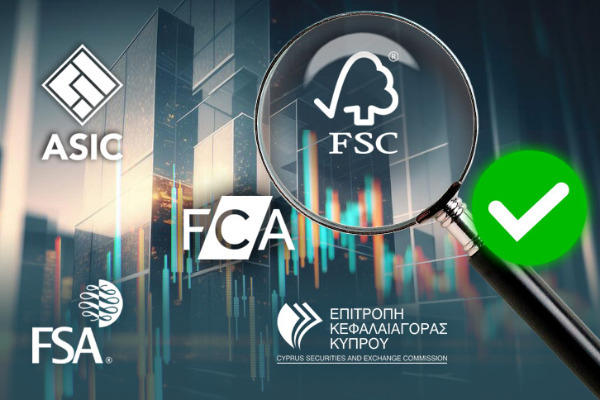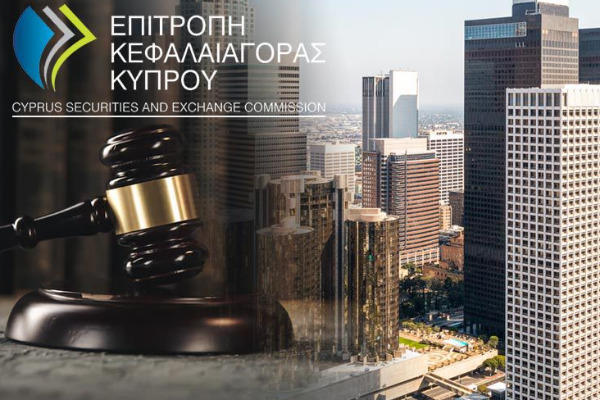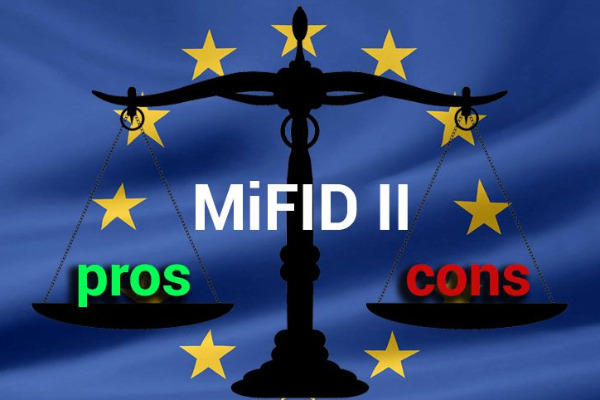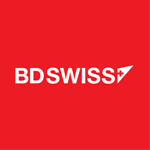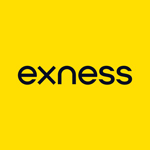In the heart of the Middle East, Saudi Arabia has actively tailored its regulatory landscape to accommodate the growing interest in forex trading. How do they do it?
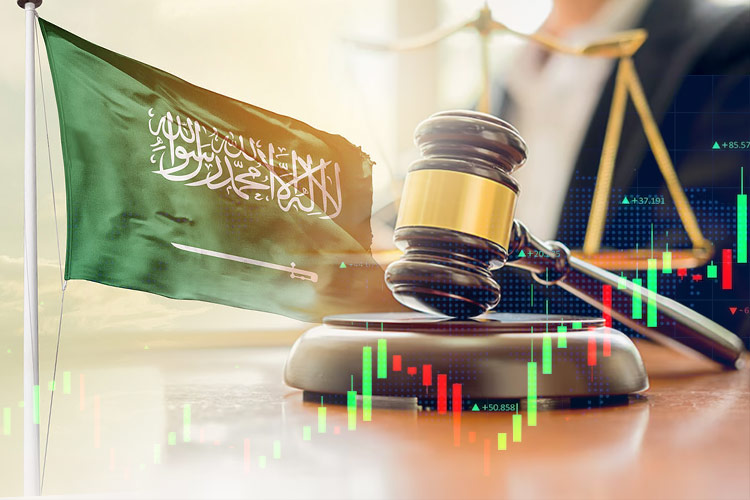
In the not-so-distant past, forex trading in Saudi Arabia is legal, but due to challenges, it exposes traders to potential fraud and malpractices. Recognizing the necessity for a sturdy regulatory framework, the Saudi Arabian Monetary Authority (SAMA) took significant strides to enhance oversight and protect investors.
Their objective was clear: align the nation's financial markets with international standards, fostering a transparent and secure trading environment.
As the central bank of Saudi Arabia, SAMA stands as the guardian, playing a pivotal role in regulating and supervising financial institutions, including those immersed in forex trading. Beyond the bureaucratic facade, the authority's primary mission is to maintain the financial system's stability and safeguard the interests of investors.
Over time, SAMA has implemented a range of measures, from licensing requirements to stringent compliance standards to shape a harmonious and secure trading ecosystem. This is how the regulator takes its role:
By Licensing and Authorization
At the core of SAMA's regulatory efforts lies the licensing and authorization process for forex brokers in Saudi Arabia. Beyond the paperwork, SAMA mandates forex brokers to adhere to strict financial and operational standards. These standards encompass maintaining ample capital reserves, implementing robust risk management protocols, and regularly submitting financial reports for scrutiny.
Since brokers must secure approvals from SAMA before diving into the vibrant world of forex trading, the requirements would help to ensure only reputable and trustworthy entities partake in the market, ultimately safeguarding the interests of traders. In enforcing these requirements, SAMA has shaped forex trading in Saudi Arabia to be a licensed and authorized market where participants are well-protected by the law.
By Championing Trader Rights
SAMA hasn't stopped at the regulatory paperwork. Efforts have been implemented to safeguard the rights and interests of forex traders in Saudi Arabia. Rigorous disclosure standards are in effect, ensuring that brokers furnish transparent and precise information concerning the potential risks associated with forex trading.
The regulator also oversees how forex brokers handle client funds, ensuring that robust safeguards are in place. In conclusion, SAMA's regulation ensures that forex trading in Saudi Arabia won't be swarmed with brokers' misinformation or misappropriation of clients' funds.
By Empowering Through Education
Understanding the significance of informed decision-making, SAMA actively champions educational initiatives to raise awareness about forex trading among the Saudi Arabian population.
Resources on risk management, market analysis, and the potential rewards and pitfalls of forex trading are provided, fostering financial literacy. The goal is clear — to empower individuals so forex traders in Saudi Arabia can make informed investment decisions and navigate the intricacies of the forex market confidently.
By Allowing Flexible Leverage
In the Arab region, regulations are adjusted to reflect the region's unique financial landscape and cultural values. The leverage limits are not as strict as in many Western jurisdictions and traders have more flexibility.
For instance, the maximum leverage allowed by the FCA is just 1:30, meaning that retail forex traders can only get 30 times their account-borrowed money. SAMA has no such restriction so forex trading in Saudi Arabia allows traders to choose whichever leverage they desire.
By Enforcing Sharia Law
Forex trading regulations in the Arab region often incorporate aspects of Islamic finance, leading to unique regulatory laws not found in other parts of the world. Many Arab countries enforce regulations that comply with Sharia law, which prohibits payments or receipt of interest (riba). This unique aspect led to the development of Islamic trading accounts that do not accrue swaps or rollover interest on overnight positions.
This ultimately creates a significant departure from conventional forex trading accounts. While many Forex brokers in the West also offer Islamic accounts, these accounts are almost a must in the Arab region, making forex trading in Saudi Arabia a guaranteed ideal place for swap-free seekers.
By Ensuring Advanced Security Measures
The Arab region's regulatory framework often goes beyond basic requirements to ensure a highly secure and transparent FX trading environment similar to strict Western regulators. Standard practices such as Anti-Money Laundering (AML) and Know Your Customer (KYC) protocols are complemented without exception.
This ultimately creates a significant departure from conventional forex trading accounts. While many Forex brokers in the West also offer Islamic accounts, these accounts are almost a must in the Arab region, making forex trading in Saudi Arabia a guaranteed ideal place for swap-free seekers.
In Closing: Regulation Takeaways, Challenges, and What's Next
The regulatory developments in Saudi Arabia reveal the country's commitment to nurturing a secure and transparent environment for forex trading. Beyond the bureaucratic regulations, SAMA's proactive approach has significantly improved the overall integrity of the market.
Despite the commendable efforts of SAMA, challenges persist in the ever-evolving landscape of forex trading. The forex market's global nature means that other countries' regulatory developments can impact Saudi Arabian traders. Thus, SAMA must stay vigilant and adaptable to emerging market dynamics to address challenges effectively.
Peering into the future, the outlook for forex trading in Saudi Arabia appears promising. Continued collaboration between SAMA and market participants, coupled with advancements in financial technology, is expected further to enhance the accessibility and efficiency of forex trading. As the regulatory framework matures, Saudi Arabia is poised to attract more investors, contributing to the growth and diversification of its financial markets.

 Dedicated FREE FOREX VPS
Dedicated FREE FOREX VPS Free FOREX Virtual Private Server
Free FOREX Virtual Private Server MT4 Demo Contest, Get $500
MT4 Demo Contest, Get $500 Sign Up for an Account, Claim 60% Deposit Bonus
Sign Up for an Account, Claim 60% Deposit Bonus Free MT4/MT5 VPS 2024
Free MT4/MT5 VPS 2024 Send E-mail and Get Free Merchandise
Send E-mail and Get Free Merchandise $1K Refer a Friend Bonus for Pepperstone Pro clients
$1K Refer a Friend Bonus for Pepperstone Pro clients Maximize Your Earnings with 100% Deposit bonus
Maximize Your Earnings with 100% Deposit bonus Trade to Win, $5,000 Monthly Demo Contest
Trade to Win, $5,000 Monthly Demo Contest Claim 30% + 15% Deposit Bonus from LiteFinance
Claim 30% + 15% Deposit Bonus from LiteFinance
